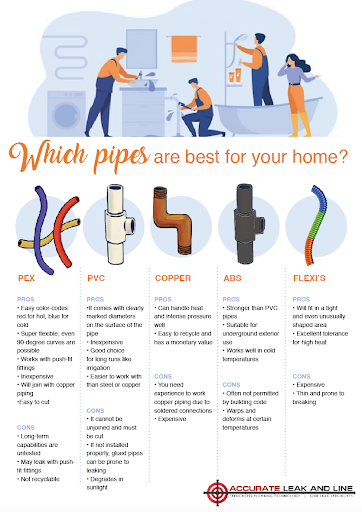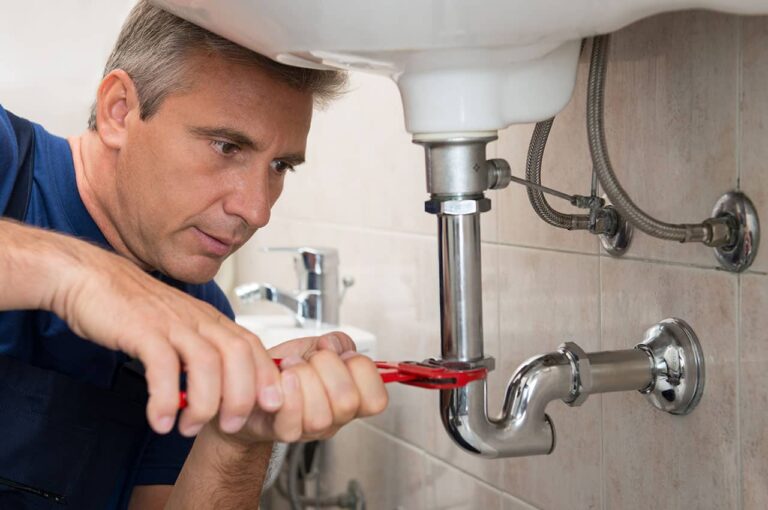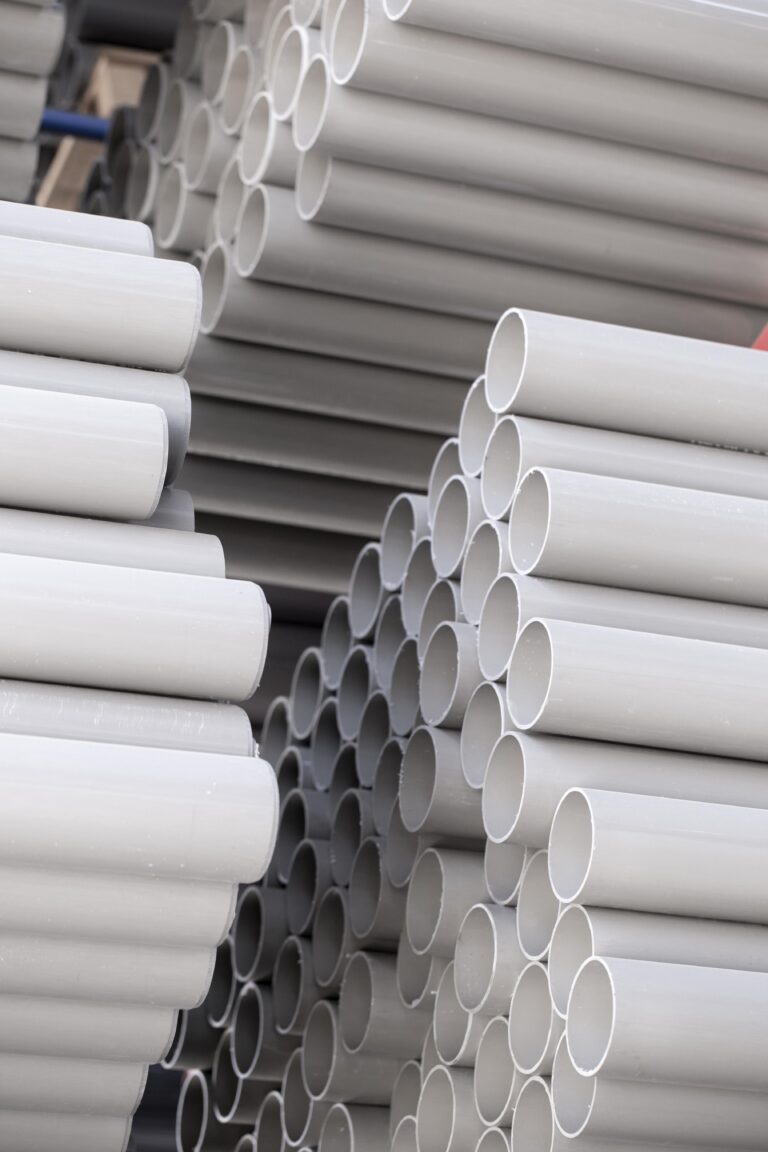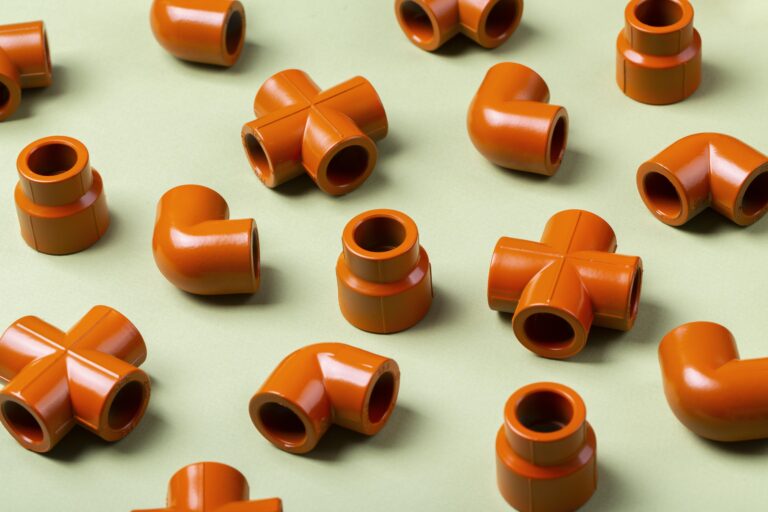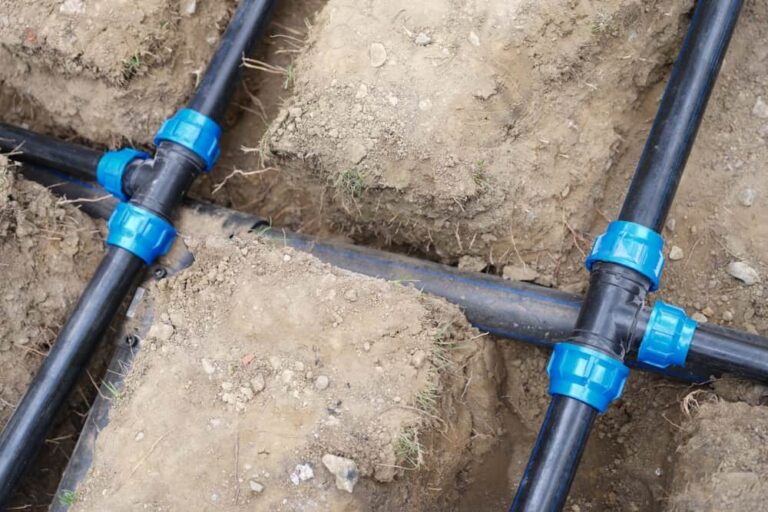Where Are Pipes Used?
Pipes are essential in many industries as they are used to transport liquids and gases from one place to another. Pipes are used in a wide variety of applications, ranging from plumbing and heating, to the transportation of water and other liquids, to the production of electricity and cooling systems. Pipes are also used to store and contain hazardous materials, to provide structural support, to contain and transport hazardous wastes, and are even used in the production of food and beverages. In short, pipes are essential components in many industries and are used for a variety of purposes.
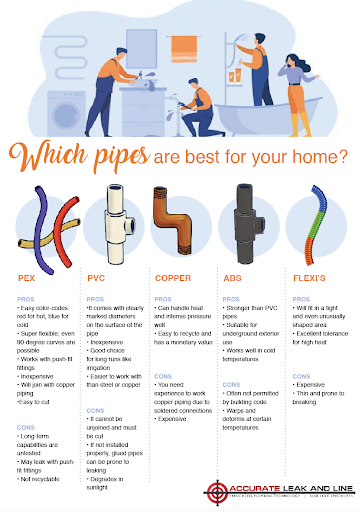
Overview of Pipes
Pipes, a technology that has been around for centuries, are simple yet powerful tools used for transferring fluids from one place to another. They are usually made out of materials like metal, plastic, and wood, and are used in a variety of applications including plumbing, construction, and industrial processes. A pipe is made up of several components, such as valves, couplings, elbows, and tees, which help to control the flow of the fluid. Pipes are also used to transport various types of gases, liquids, and solids. With their many uses, pipes are an essential part of almost every industry.
Types of Pipes
Pipes are an essential part of most plumbing systems. There are a number of different types of pipes available, each of which has its own unique benefits and drawbacks. PVC pipes are the most common type of pipe used in plumbing systems. They are lightweight, durable, and easy to install. Copper pipes are also a popular option, as they are resistant to corrosion and heat. Steel pipes are the strongest type of pipes and are usually used for water lines. Galvanized pipes are also a type of steel pipe, but they are coated in zinc to provide extra protection against corrosion. PEX pipes are plastic pipes that can be used in a variety of applications, including hot and cold water systems. Finally, flexible pipes are made from rubber or other materials and can be used in tight spaces or areas with irregular shapes. No matter which type of pipe you choose, it is important to make sure it is compatible with the rest of your plumbing system.
Uses of Pipes in Plumbing
Pipes are an integral part of any plumbing system. They are used to transport water and other liquids from one location to another, and they can be made from a variety of materials. In addition to providing a functional purpose, pipes can also enhance the aesthetic appeal of a home or business. From polyvinyl chloride (PVC) pipes to copper pipes, there are many options available to meet the needs of any plumbing system. Pipes can be used to create curved walls and corners, and they are essential in connecting fixtures such as sinks, showers, and toilets. Additionally, pipes are used to ensure proper drainage, and they can even reduce the risk of flooding in the event of a plumbing emergency. No matter what type of plumbing system you need, it’s essential to use the right pipes.
Uses of Pipes in Construction
Pipes have a variety of uses in the construction industry, from plumbing and drainage systems to irrigation and water supply networks. They are used to transport liquids, gases and solids. Pipes are also used for structural applications, such as building foundations, supporting columns and walls. Pipes provide an efficient and cost-effective way to construct buildings, as they can be easily cut, bent and joined together. Furthermore, pipes are durable and can handle a range of weather conditions, making them a great choice for projects that need to last for years. By understanding the different uses of pipes in construction, companies can ensure that their projects are built with the best materials.
Uses of Pipes in Automotive and Mechanical Applications
Pipes are an essential part of any automotive and mechanical system. They are used in a variety of applications, from powering motors to routing coolant and lubricants. Pipes are also used to transfer fluids from one part of a machine to another. In automotive and mechanical applications, pipes are often used to connect parts of the system with one another. Additionally, they are used to reduce friction between components, helping to maintain optimal performance. Beyond automotive and mechanical applications, pipes can also be used to transport gases and liquids in industrial and residential settings. In short, pipes are an incredibly versatile and useful tool in many different applications.
Benefits of Pipes
Pipes are a great way to transport liquids, gasses, and solids from one location to another. They are used for a variety of purposes, from industrial applications to residential use. Pipes can help reduce labor and installation costs, reduce the need for large excavation, and provide flexibility for future modifications. Pipes also offer a variety of benefits such as: effective transportation of materials, efficient use of space, durability, and overall cost-effectiveness. In addition, pipes can help reduce noise pollution, protect against environmental hazards, and provide a cleaner, safer environment. Pipes offer a reliable, efficient, and cost-effective solution, making them an ideal choice for a variety of applications.
FAQs About the Where Are Pipes Used?
1. What types of pipes are used for plumbing applications?
A: Pipes used in plumbing applications typically include PVC, copper, galvanized steel, PEX, and CPVC.
2. How often should pipes be inspected and replaced?
A: It is recommended that pipes be inspected once a year and replaced if necessary.
3. Are there any special considerations when using pipes in outdoor applications?
A: Yes, when using pipes outdoors, you should choose materials that are designed to be resistant to corrosion, such as stainless steel or copper. You should also ensure that the pipes are properly insulated to protect them from temperature changes and other environmental conditions.
Conclusion
Pipes are a versatile and essential component of many industries, from plumbing to manufacturing. They are used to transport liquids, gases, and other materials from one place to another. Pipes are also used in many residential and commercial buildings, from kitchens and bathrooms to industrial plants and factories. Pipes are an integral part of modern infrastructure and are essential in any building or industry.

